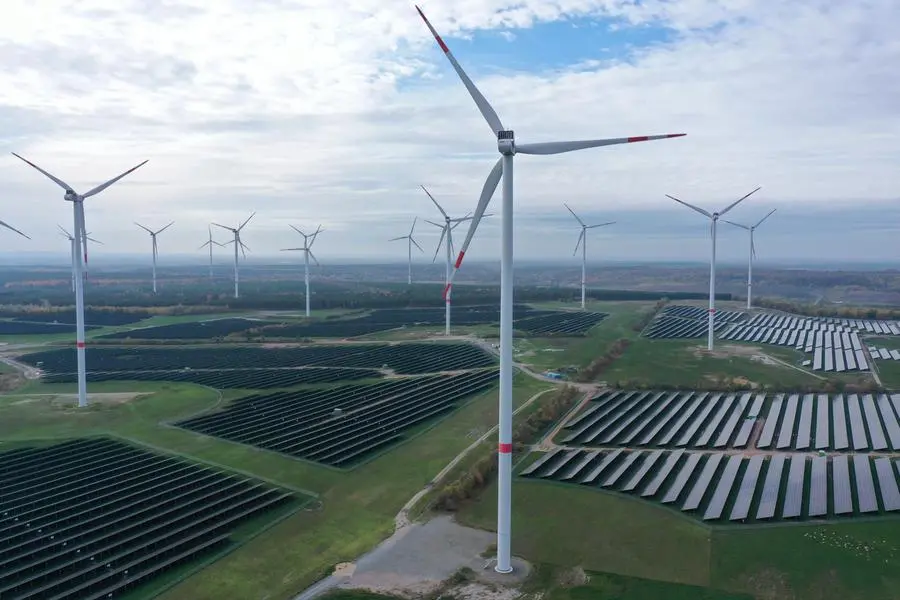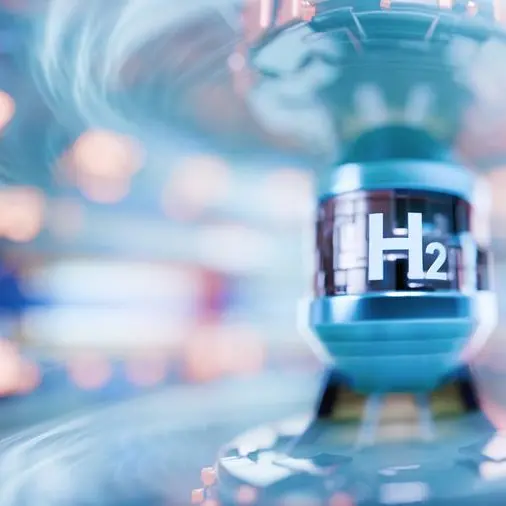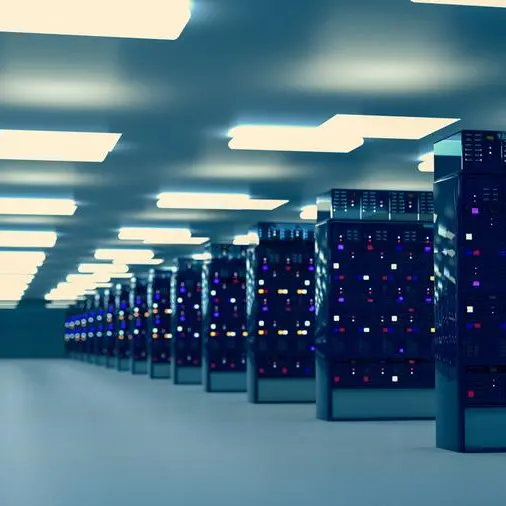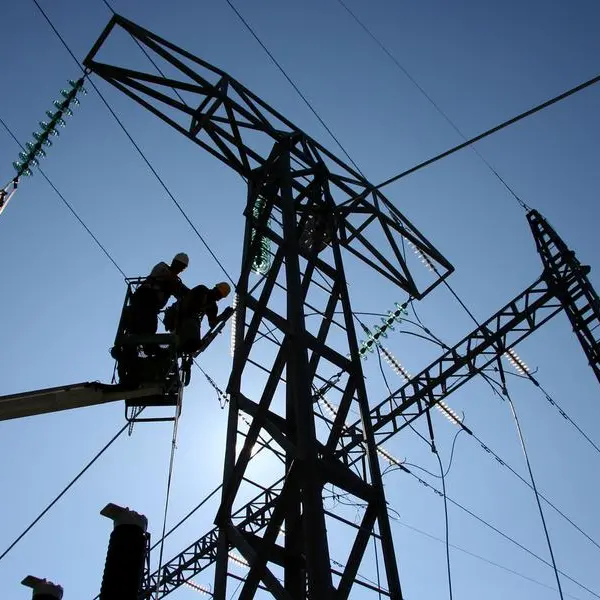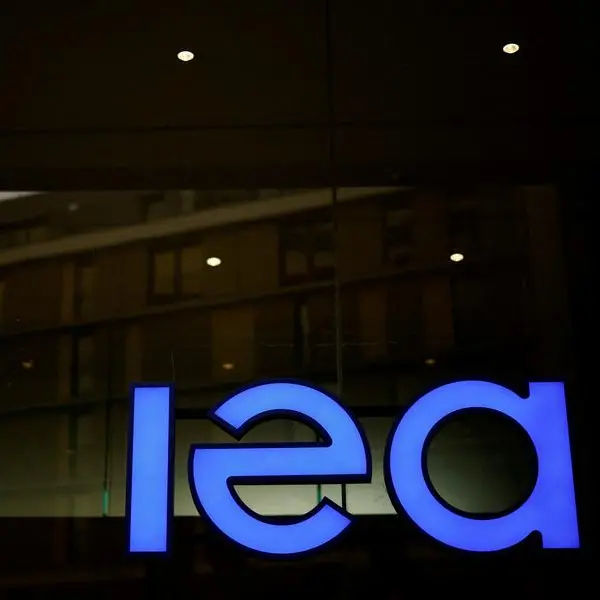PHOTO
MUSCAT: Have you seen advertisements for companies selling or auctioning International Renewable Energy Certificates (I-RECs)? What exactly are these certificates, and how can they help businesses reduce their carbon footprints? In a world where reducing emissions is a priority, companies are exploring innovative ways to demonstrate their commitment to renewable energy. I-REC certificates are a key part of this strategy.
Understanding I-RECs: The basics
At its core, an I-REC is an Energy Attribute Certificate (EAC), designed to track and verify renewable energy consumption. Many companies may want to shift toward renewable energy but face a unique challenge: most electricity grids are powered by a mixture of energy sources — both renewable and non-renewable. This makes it difficult for companies to trace the specific source of the electricity they consume.
As Anoud Yahya al Maashari, Senior Consultant (Climate Change and Sustainability Services) at EY Muscat, explains to Oman Observer, “Energy Attribute Certificates (EAC) serve to validate consumer claims regarding the type of energy utilized and its associated attributes, including greenhouse gas (GHG) emissions generated at the point of production.” These certificates allow companies to account for their use of renewable energy even when they cannot physically control the exact power source entering their facilities.
How do I-RECs work?
I-RECs operate on a “Book and Claim” system. This means that a renewable energy generator produces electricity and feeds it into the grid. For each megawatt-hour (MWh) of energy produced, a certificate is issued. Companies that purchase these certificates can then claim that they have used renewable energy, even though the electricity they physically consume may come from a mix of sources.
This system is particularly valuable in regions without regulated EAC markets, such as Oman. “Where there are no regulated EAC markets, voluntary markets like the International Tracking Standard Foundation provide consumers with the flexibility to purchase EACs and demonstrate their use of renewable electricity,” says Al Maashari. Essentially, I-RECs provide a flexible, market-based tool for companies to prove their renewable energy consumption, especially in regions where the local energy mix includes a significant share of fossil fuels.
The importance of appropriately reporting Scope 2 emissions
To fully understand the value of I-RECs, it’s crucial to explore the concept of Scope 2 emissions and the importance of accurately reporting them. According to the Greenhouse Gas Protocol, Scope 2 emissions account for the indirect emissions from purchased electricity. There are two methods for reporting these emissions: the location-based method, which reflects the average emissions of the power grid, and the market-based method, which allows companies to purchase renewable energy certificates like I-RECs to demonstrate their use of clean energy.
Al Maashari highlights that "accurate reporting of Scope 2 emissions is critical for businesses striving to meet global sustainability standards." By purchasing I-RECs equivalent to their electricity consumption, companies can report zero emissions for that portion of their energy use under the market-based approach. This is significant for companies with stringent carbon reduction goals, as it provides a credible, auditable way to meet renewable energy targets.
Accurate reporting, however, goes beyond simply claiming zero emissions. It requires companies to disclose how much of their energy comes from renewable sources and how they are using tools like I-RECs to meet their sustainability objectives. Transparency in reporting is key to avoiding accusations of greenwashing and ensuring that companies are truly contributing to decarbonization.
Oman’s renewable energy journey
Oman is taking significant steps toward supporting renewable energy markets. Nama Power and Water Procurement (NPWP) has been at the forefront of issuing I-REC certificates for the country’s renewable energy projects. For instance, the 50 MW Dhofar Wind Project and the 500 MW Ibri II Solar Project are registered under the I-TRACK Accredited Registry, allowing companies to purchase I-RECs from these projects to support their green energy goals.
As more companies commit to decarbonisation, the demand for renewable energy certificates like I-RECs is growing. With over 50 countries operating I-REC systems, it’s clear that these certificates are becoming a vital tool for businesses seeking to reduce their environmental impact. In Oman, auctions conducted by NPWP offer companies an opportunity to purchase certificates from local renewable projects, further supporting the country’s transition to clean energy.
Embracing I-RECs for sustainability
Ultimately, I-RECs provide companies with an accessible and credible means to demonstrate their commitment to renewable energy. In a world where transparency and accountability in emissions reporting are non-negotiable, tools like I-RECs help bridge the gap between ambition and action. By embracing this system, companies in Oman and beyond can take another step toward a greener, more sustainable future.
If your company is looking to make a meaningful claim about its renewable energy use, I-RECs offer a straightforward solution. Not only do they enable you to verify your green energy consumption, but they also align your business with global standards for emissions reporting and sustainability.
Jomar Mendoza 2022 © All right reserved for Oman Establishment for Press, Publication and Advertising (OEPPA) Provided by SyndiGate Media Inc. (Syndigate.info).
Jomar Mendoza
